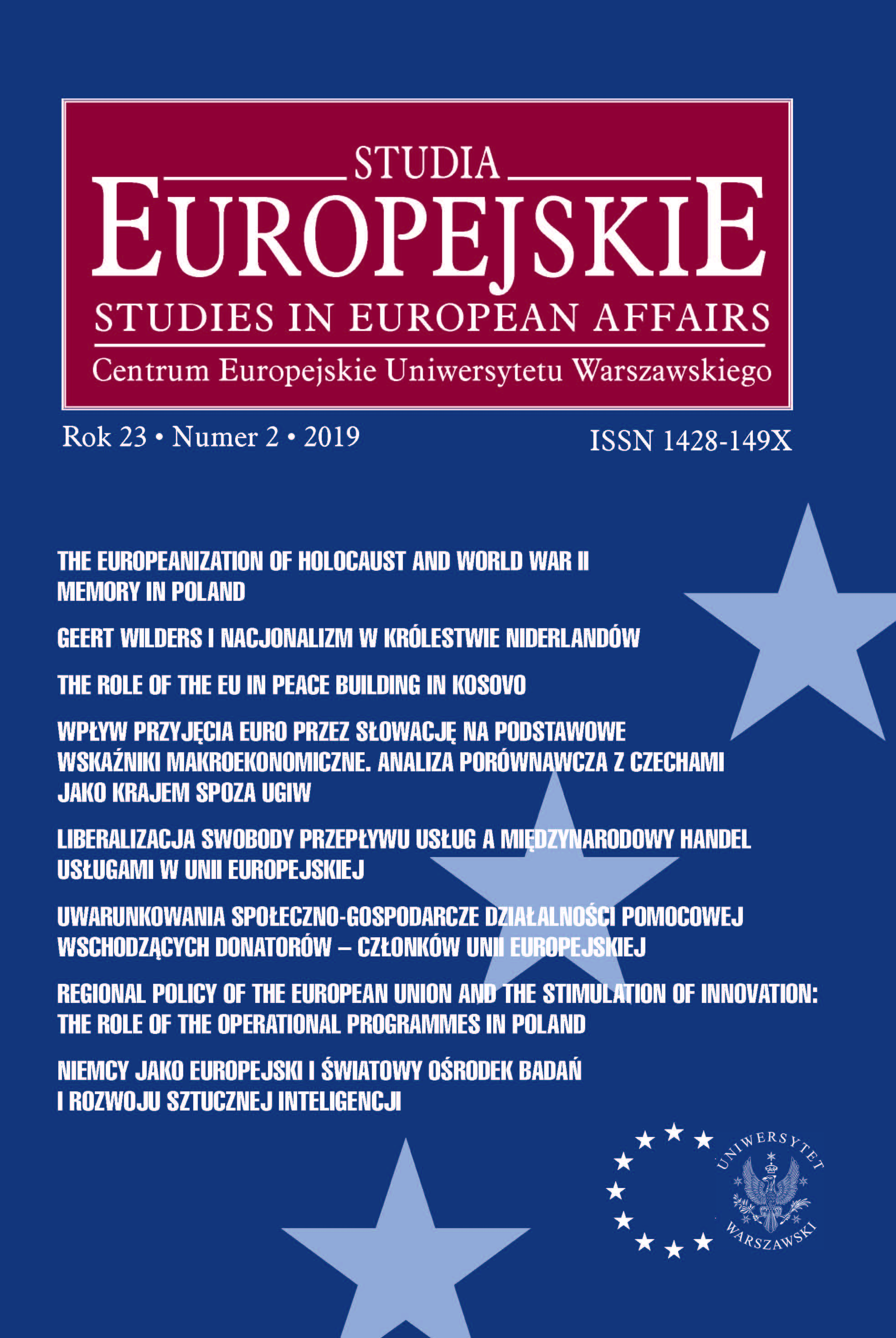The Role of the EU in Peace Building in Kosovo in the Light of Interethnic Relations
The Role of the EU in Peace Building in Kosovo in the Light of Interethnic Relations
Author(s): Anna Jagiełło-SzostakSubject(s): Sociology, Political history, Social history, Security and defense, Military policy, EU-Approach / EU-Accession / EU-Development
Published by: Centrum Europejskie Uniwersytetu Warszawskiego
Keywords: Kosovo; Serbia; Peace Building; European Union; Crisis Management Mission;
Summary/Abstract: Maintaining peace in the Western Balkans and Kosovo has become a high aim for international organisations. Challenges in Kosovo such as the conflict in the 1990’s and afterwards, as well as the lack of political unity and institutions capable of both civilian and military intervention have led to long-term involvement of the EU. It should be noted that the engagement of the EU was also caused by ethnic nationalism, socio–economic problems and interethnic tensions, mainly between Serbs and Albanians in Kosovo, as well as unresolved issues in bilateral relations. This paper analyses the role of the EU in maintaining peace through its civilian mission and enlargement policy. The ongoing EULEX civilian mission was aimed at establishing a multi-ethnic justice system and police force, as well as introducing and promoting the rule of law, public order and security. The enlargement policy is seen as an important process of inter ethnic and inter-state reconciliation.
Journal: Studia Europejskie
- Issue Year: 23/2019
- Issue No: 2 (90)
- Page Range: 45-65
- Page Count: 20
- Language: English

